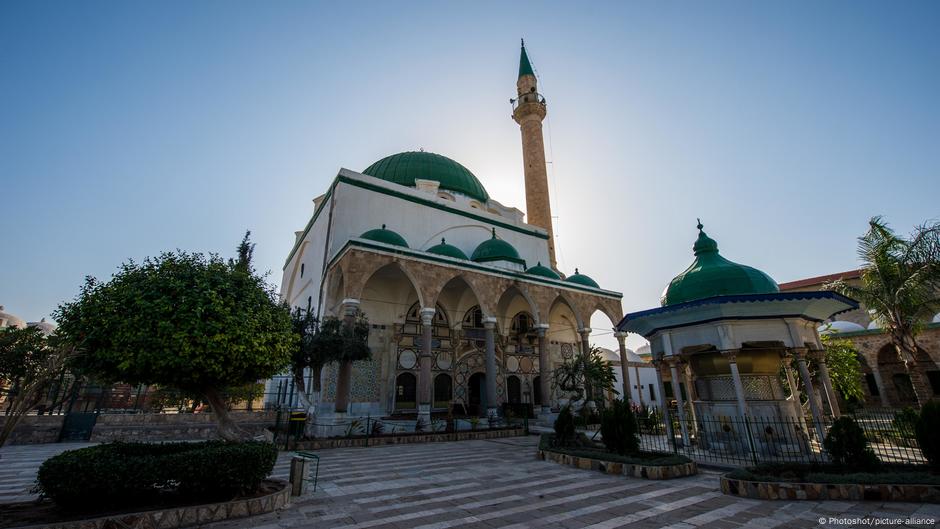Protecting Cultural Heritage During the Israel-Iran Conflict
The ongoing conflict between Israel and Iran has led to a series of missile and rocket attacks that have resulted in significant civilian casualties and injuries. In addition to the human toll, the region’s cultural heritage is also at risk. The question arises: how can historical artifacts and ancient sites be safeguarded during such volatile times?
International Warnings and Calls for Protection
The International Council of Museums (ICOM), based in Paris, has issued a strong warning regarding the dangers faced by museums and their staff in both Israel and Iran. With over 8,000 museum professionals worldwide, including members from both countries, ICOM has urged adherence to international conventions designed to protect cultural heritage even during conflicts. However, according to Felicia Sternfeld, president of the German National Committee of ICOM, the organization can only issue warnings and appeals, as it lacks the authority to enforce compliance.
Contingency Plans Activated
Despite limited information coming out of Iran due to strict press restrictions, it appears that both nations have activated contingency plans to secure cultural assets. Experts in both countries have worked to move and protect valuable items. It remains unclear whether any damage has occurred, but efforts have been made to minimize risks.
Evacuation of the National Museum in Tehran
Iran is home to a rich cultural legacy, including 28 UNESCO World Heritage Sites and approximately 840 museums. Judith Thomalsky, head of the Tehran branch of the German Archaeological Institute, noted that Iran has a well-organized and professional heritage authority. Her office, based in Berlin since 2023, continues its work through local staff at the German Embassy in Tehran.
Barbara Helwing, director of the Museum of the Ancient Near East in Berlin, reported that the National Museum in Tehran had been evacuated. She mentioned that the museum’s two large buildings near the Foreign Ministry had been emptied, with photos showing empty display cases. Portable objects were hastily moved into cellars, while non-movable artifacts, such as stone objects, were covered with sandbags for protection.
Challenges in Protecting Open-Area Sites
Protecting archaeological sites located in open areas presents a greater challenge. Unlike in Israel, where there are bunkers for people and valuables, Iran lacks such facilities. Helwing emphasized that it is nearly impossible to fully protect these sites, and the best one can do is hope they are far from potential targets.
Taq-e Bostan and Other Vulnerable Sites
One of the most vulnerable sites is the Taq-e Bostan rock relief, an archeological complex from the Sasanian dynasty. According to reports, the Israeli Air Force bombed a weapons depot just two kilometers away, potentially causing damage. While exact details remain unclear, experts believe that the Iranian Department of Antiquities is taking necessary steps to protect such sites.
Judith Thomalsky, who has spent over 20 years working in Iran, stated that while she does not believe there is an immediate threat, the situation could change rapidly. She highlighted the difficulty of protecting open sites like Persepolis, Bisotun inscriptions, and Takht-e Soleyman.
Efforts in Israel
In Israel, institutions have also taken measures to protect their collections. The Tel Aviv Museum of Art secured its collection of Israeli and international art in underground storage, and the Israel Museum in Jerusalem has reopened after being closed for some time. The museum features safe rooms for emergencies, ensuring the safety of its extensive collection of over 500,000 objects.
UNESCO’s Role and Upcoming Session
Israel is home to nine UNESCO World Heritage Sites, including the White City of Tel Aviv and the Old City of Acre. The Israel Antiquities Authority has reported no damage to its managed artifacts or museum collections. These sites are protected under international agreements, such as the 1954 Hague Convention and the 1972 UNESCO World Heritage Convention.
From July 6-16, the UNESCO World Heritage Committee will hold its 47th session in Paris. Among the topics to be discussed is the potential designation of future UNESCO sites. Although the Israel-Iran conflict was not on the agenda as of June 30, the session will provide a platform for global discussions on cultural preservation in times of conflict.







